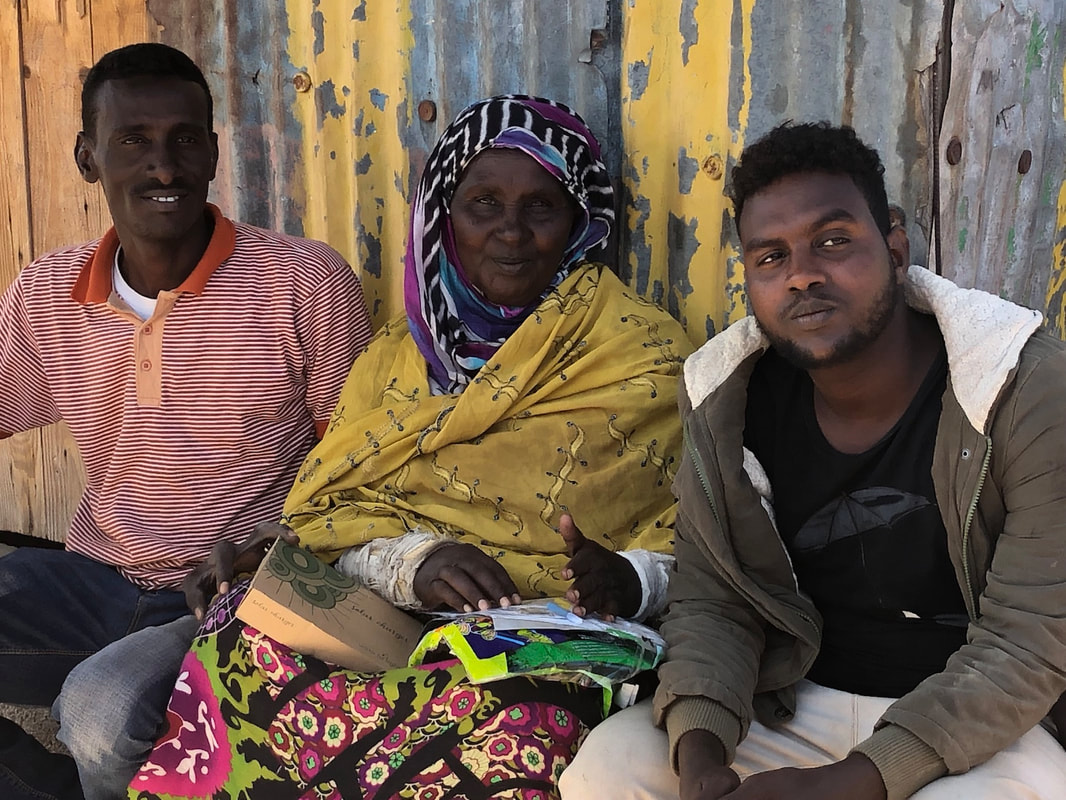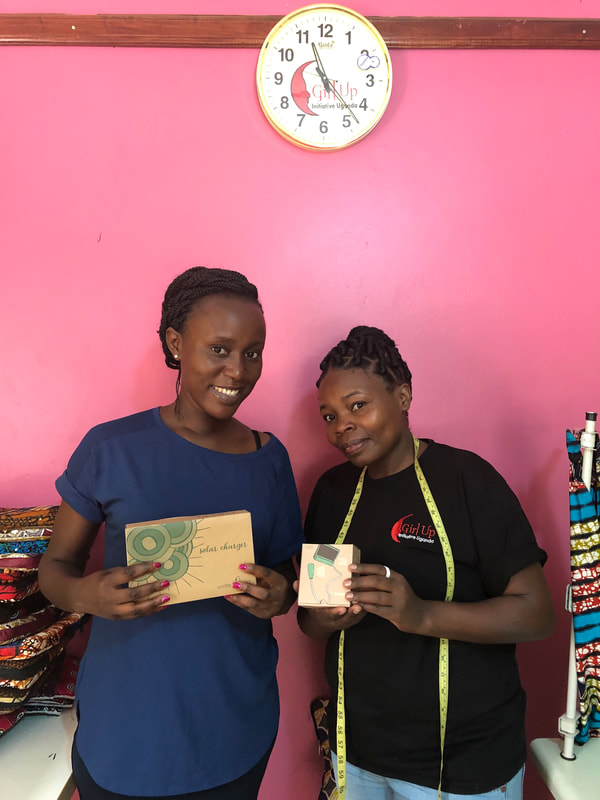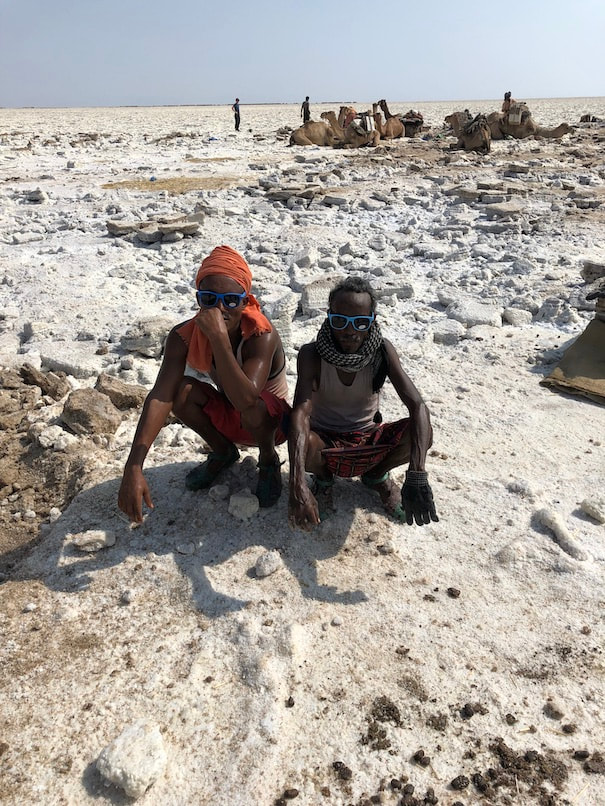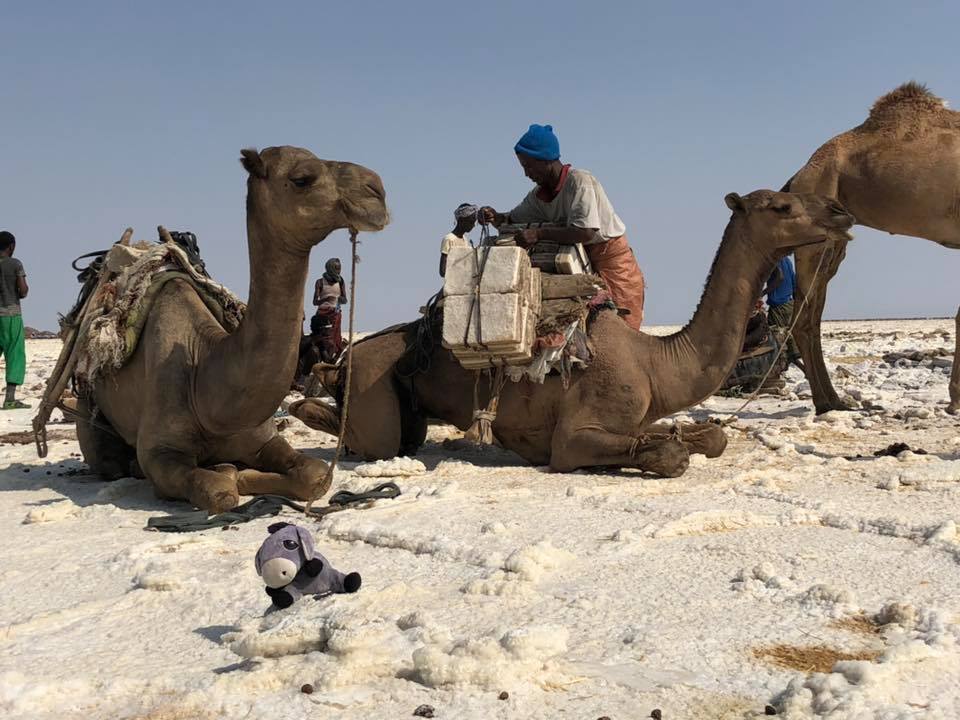2. Give gifts to elders, parents, or community leaders Do not give gifts directly to children. While it might “feel” better for you to see the child’s eyes light up with a gift, consider how it might feel if some stranger walked up your driveway and gave your child a present. Instead, give gifts to adults; specifically to community leaders and parents. You may indicate that your gift is intended for the children of that community, the authority figures should control when the gifts are received. Giving to community leaders protects children, teaches them that they will have to earn the gift from within their community, and prevents children from learning to beg. 3. Show everyone how to use the gift As intuitive as you may think the item is, some people may have never seen what you are giving them. A friend did a mission with Operation Smile in Vietnam and gave a whole community toothbrushes and toothpaste. Before they left the village, they realized that a couple of kids had chewed off the top of the toothpaste lid and were eating the toothpaste because not only did they not know how to open it, they did not realize that the toothpaste was meant to clean their teeth and spit out after brushing. 4. Give something with long term benefits A sticker or coloring book may be cheap, fun and lightweight, but what else could you have done with those funds? Once the sticker is used, it becomes waste. Instead, a picture book can be shared with a community and could be given to a school or teacher for years of benefit. The same can be said of giving a flashlight; it might last longer than a coloring book but once the battery is dead, the flashlight is unusable. Instead give a solar rechargeable light. A high quality solar light only costs a few dollars more than a flashlight and can last for several years with hours of use every night. Solar lights have been proven to improve educational, health and economic outcomes. Read more from the UN here. 5. Give something that can benefit the entire community You will never have enough for everyone. Space, time and money are major constraints so aim to give to the community instead of individuals. A soccer ball can entertain dozens of children and will pack flat when deflated. A solar cell phone charger can also have community benefit. Even in places without electricity, many people have cell phones and will walk miles to charge them. A single solar cell phone charger with a large battery can serve a community, saving them time and money, and ensuring they can remain connected to family and services in times of need. Want help picking a solar cell phone charger? See our blog on the topic here. Bonus Pro-Tip: Consult the community BEFORE you arrive on what they need! Call or email a Principal, Spiritual or Civic Leader and ask what they would appreciate you bringing. You can set parameters on cost, weight and number of items; but they are the experts in their communities and getting their wish list will allow your gift to have the most impact. You can also ask your tour operator, hotel operator or local guides what is needed in the communities you will be visiting. There are also websites such as Pack for a Purpose that you can reference. If you want to give money, research a group or organization that provides real benefit to the community and give to that organization. Another option is to donate to local schools and health centers, which are often in need of funds for basic supplies and staff. One of my favorite gifting experiences came during a tour in Ethiopia. The guide listed on their website that the workers in the salt flats in the Dankil (a place we planned to visit) are always in need of eye drops and polarized sunglasses. I brought both of these and while I sadly did not have enough for all the workers, the appreciation and thanks I received for something so essential to their daily life was overwhelming. These would protect their eyes and their sight so that they could continue to provide for their families. Gifting always feel good for the giver but thoughtful gifting can leave a positive impact on the individual and the community. Bonus Pro-Tip: What to AVOID Items that leave trash after one use (stickers, balloons, anything in a plastic bag); candy that can disrupt diets and tastes; and giving money to children. Giving money to children teaches a culture of begging and may threaten the child’s opportunity for an education. This is a guest blog written by Dawn Mitcham, Board Member for Unite to Light. Dawn has visited every continent and 42 different countries. She is a CPA by training and serves as the CFO for Pacific Capital Resources. She is a lover of nature, adventure travel and travel gifting.
1 Comment
Thank you for sharing these insightful tips on how to choose appropriate gifts when traveling to communities with fewer resources. It is important to keep in mind that a well-intentioned gift may not always have a positive impact on the community you are visiting.
Reply
Leave a Reply. |
Archives
July 2024
Categories
All
|
|
Unite to Light is a not-for-profit 501(c)3 corporation (EIN: 27-2942180).
All donations are tax deductible. With a billion people living in darkness, we have a lot of work to do! Address: Unite to Light, 1117 State Street #19 Santa Barbara, CA 93101 Phone: (805) 617-0590 Email: [email protected] |
IMPACT IN YOUR INBOX
Stay in touch as we light lives. |
© Unite to Light. All rights reserved.





 RSS Feed
RSS Feed
